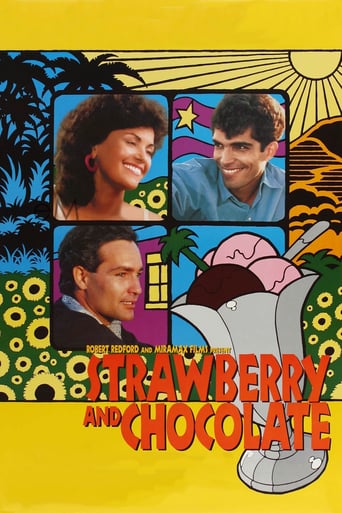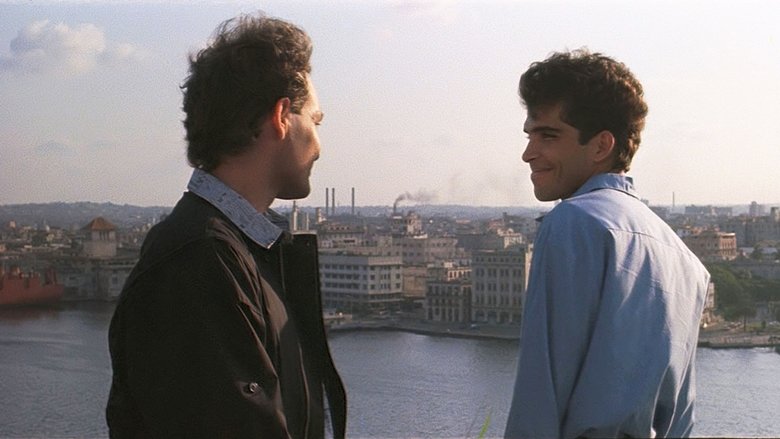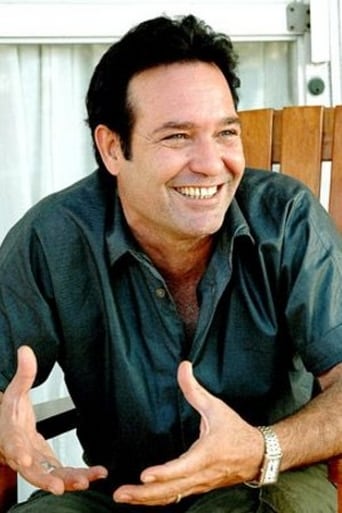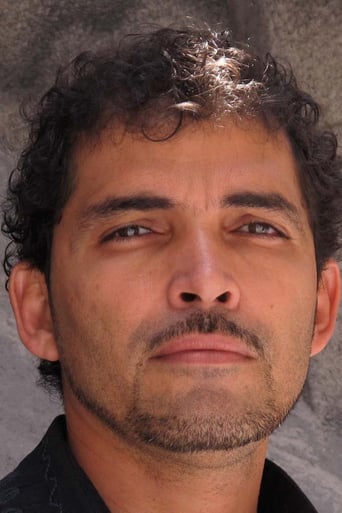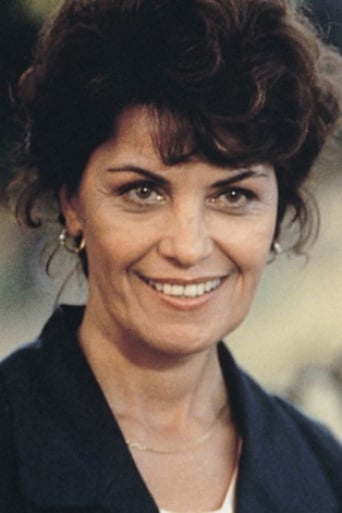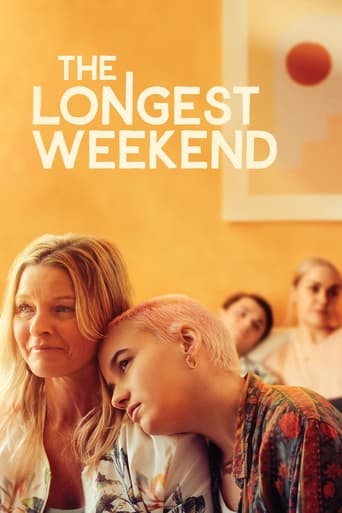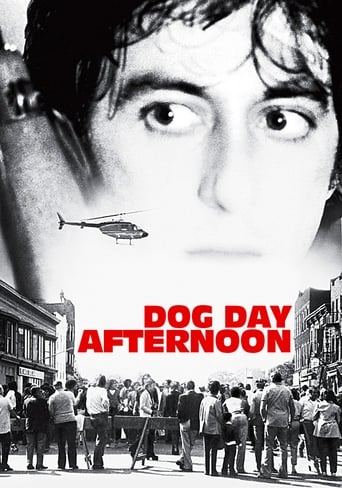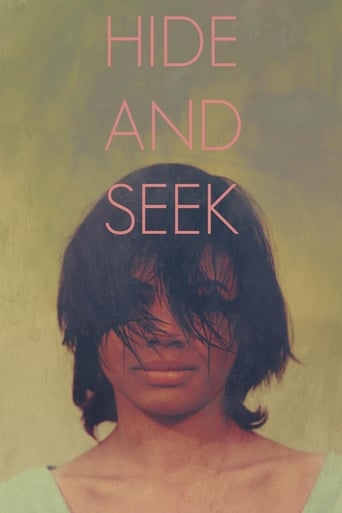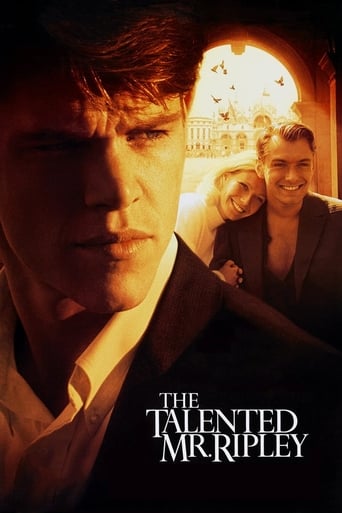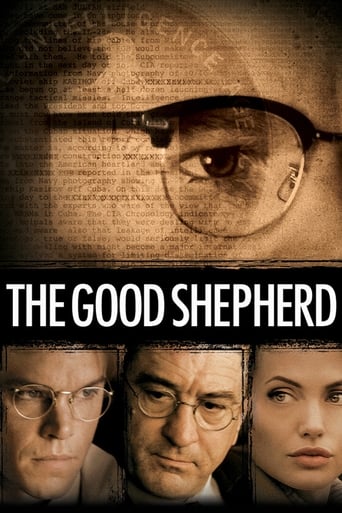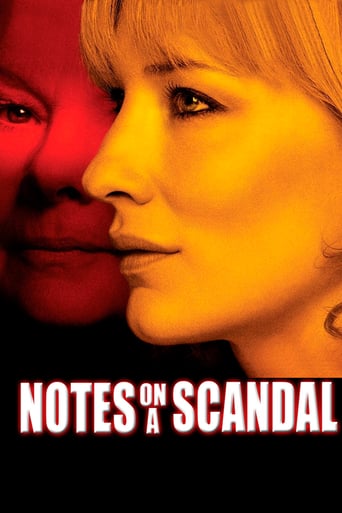Strawberry and Chocolate (1993)
Set in 1979, following a young Communist man's relationship with a gay Catholic writer, exploring tolerance, inclusion, homophobia and challenging its Cuban audience with great humour. Based on the short story by Cuban writer Senel Paz.
Watch Trailer
Free Trial Channels
Cast


Similar titles
Reviews
ridiculous rating
Best movie of this year hands down!
This is a must-see and one of the best documentaries - and films - of this year.
The thing I enjoyed most about the film is the fact that it doesn't shy away from being a super-sized-cliche;
This Oscar nominated film is the story of two men who are opposites, one gay, the other straight, one a fierce communist, the other a fierce individualist, one suspicious, the other accepting, and how they come to love each other.Roger Ebert comments that "nothing unfolds as we expect. Strawberry and Chocolate is not a movie about the seduction of a body, but about the seduction of a mind. It is more interested in politics than sex — unless you count Sexual Politics, since to be homosexual in Cuba is to make an anti-authoritarian statement whether you intend it or not." I don't know anything about homosexuality in Cuba, though my guess is that it was rather taboo in 1993, much like in most of the western world. But I do know that very few Cuban films get screened in the US, and even fewer get Oscar nominations. That alone makes this film worth watching, because it exposes us to a culture that we rarely get to see... (though today -- 2017 -- travel does seem to be a bit easier)
This is undoubtedly one of the greatest Cuban films of the last two decades, Tomas Gutierrez Alea "titón" was an excellent film director that took part in many of Cuban most awarded films ever and he's for so much in Cuban top 10 directors list. About Perugorria "Pichi" he's one Cuban most largely known actors of the time and has proved to be a never static actor, never stereotyped actor, ... The film aboard one big truth, not just a Cuban one but a latinamerican one, the macho men thinking way that has to do with everyone's way of interacting in society. The film captures a particular stage on Cuban history when homosexuality was mistreated even at high levels and the prejudice set against homosexuals was really strong, even more on men because of the imperant Latin "machismo". This is just a gift both for cinema lovers and for those that loves Cuba and Cubans.
The movie was made in a place where everything you do and everything you say is because you been told is the truth. The only truth in Cuba is what the government tells you. They choose what you can and cannot read. That's why the friendship between these two very different man is so unique. A very intelligent homosexual and a heterosexual communist militant, what a pair. Where we see the respect and love they develop for each other. David learns he can show love for another man and still remains who he is. Diego fights for what he believes in. In a society where you need a permit to go anywhere, who much freedom do you really have?. How can a person understands and finds who he really is, if he's not allow to?. "Fresa y chocolate", makes you appreciate the freedom we have, and how prejudice we can really be sometimes.
`Strawberry and Chocolate' (1993)is set in contemporary Havana. The luster of that city has dimmed after nearly four decades of Castro's rule. David (Vladimir Cruz), a student and avid Castro supporter, is on the rebound after losing his girlfriend. He had taken her to a cheap hotel to make love, but the place is so shabby it puts her off. Instead, he promises never to touch her until they marry. In the next scene, she marries someone else while David stands sullenly among the well wishers at the registry office. Then he meets Diego (Jorge Perugorría). Diego, who is flamboyantly gay, parks himself at David's table in an outdoor café to eat a dish of strawberry ice cream. For David, this is suspicious because chocolate is also available. Diego says some people like chocolate, some like strawberry, an innocuous line that gives the movie its title and also hints at the odd couple relationship to follow. Diego does not disguise his sexual interest in David, but is also interested in giving David an education the regime denies him. The older man is far more cultured than his new friend. Offers of books banned in Castro's Cuba, such as a novel by Mario Vargas Llosa or the poems of John Donne, lure David to his apartment for tea and talk. When David reports that Diego is involved with a forbidden art exhibit, he is directed to befriend Diego to find out more information. `Strawberry and Chocolate' thus sets their emerging friendship against the backdrop of two bleak themes: anti-gay prejudice in the Castro regime, and the betray-thy-neighbor expectation of a police state. But almost nobody conforms to type. A woman in Diego's building who is part of the neighborhood Vigilance Committee, on the watch for counter-revolutionary activities, turns out to be a good friend to Diego and then to David. Everyone plays one game with the government, but a different one in their private lives. This is a lesson David has to learn. Encounters with women along the way provide a few subplots, but the heart of the story lies in the hearts of the two men. `Strawberry and Chocolate' is credited to directors Tomás Gutiérrez Alea and Juan Carlos Tabío. The former was, until his death shortly after completing this film, the best known filmmaker in Cuba, winning an international reputation in the 1960's for titles such as `Memoirs of Underdevelopment,' a look at life in Cuba in the early Castro years that tempers criticism with prudence. `Strawberry' is smaller in scale and less overtly political. The film was nominated for an Oscar in 1995 and won awards at film festivals around the world (including the Sundance Festival). American viewers may instantly slot it with Hollywood features that show how straight characters learn life lessons from a wiser gay companion (`Boys on the Side,' `As Good As It Gets'). And at times Diego's excesses recall the worst performances of Harvey Fierstein. Yet superb performances by the two male leads eventually move beyond stereotypes they and the audience initially share about each other, transforming their unexpected friendship into a statement that puts the lie to official groupthink in a repressive regime.

